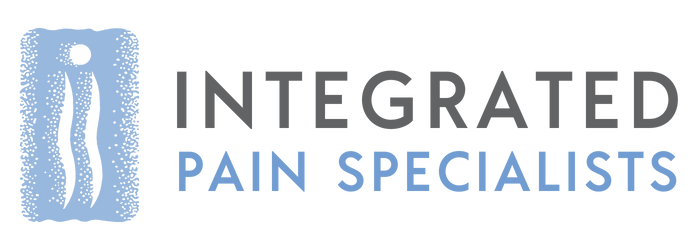Here at Integrated Wellness, we focus on preventative treatments, helping you create a Good Health with a healthy lifestyle that will benefit your wellness day-to-day. We’d love to help you get started on your most important investment – schedule a free consultation.
This post is adapted from an original article by Pamela Yellen, The Huffington Post.
What would you call an investment that involves no risk, requires little — if any — money to start, is available equally to those who are financially sophisticated and those just starting, grows more valuable each and every year, is a proven career booster and can generate hundreds of thousands of dollars of extra savings over a lifetime?
I call it good health.
Although few personal finance columnists consider fitness and diet part of their terrain, we all should. Effectively managing your health can reliably produce a financial windfall unmatched by Wall Street, precious metals and every other retirement plan staple.
Best of all, you can start this very day and you’re never too poor or too old to take advantage of the opportunity.
The logic that underlies financial retirement planning is well-established and widely accepted.
We encourage our young adults to immediately begin setting aside funds for their eventual retirement as soon as they take their first jobs.
Unfortunately, all too many Americans don’t likewise begin planning for their health retirement when they are young enough to really lock in the huge returns that wellness delivers. Too many of us wait to do health planning until we have no choice. In other words, until we are sick or injured.
The Most Important Investment You Can Make
Whether you are the CEO of a Fortune 500 company or the chief executive of your family, the extent to which you do everything reasonable to protect yourself against illness and disability is unquestionably one of the most important financial — yes financial — investments you can make during your lifetime.
Being healthy will eliminate one very large potential burden from your plate — the expense and distraction of illness. And keep in mind that statistics show that poor health is the most common reason people are forced to retire sooner than planned.
The specific costs of falling sick are hard to generalize, varying widely depending upon the patient’s age, duration and severity of illness, and other factors, as well as the quality of an individual’s health insurance.
But we can get some clues by studying the price of coping with certain common illnesses. A 40-year-old patient who is diagnosed with Type 2 diabetes in 2011, will spend more than $240,000 out-of-pocket by the time he or she turns 65 years old in 2036 (assuming an average annual inflation rate of 3.1 percent). That is nearly a quarter-million dollars less at retirement than if the same funds had simply been stored in an interest-free safe deposit box.
What makes Type 2 diabetes such a losing “investment” is that 80 percent of the cases in the United States can be prevented by those who quit smoking, eat a healthy diet and routinely exercise, according to Dr. Ronald Loeppke, vice chairman of U.S. Preventive Medicine, a company that provides wellness and prevention programs to businesses and individuals.
If you think preventable diabetes is expensive, just cost out the price of a preventable heart attack. It’s enormous!
But These Out-of-Pocket Losses Don’t Account for Half the Story
What isn’t tallied is the potentially much costlier impact that illness has on income and productivity.
When you are sick, you aren’t as effective on the job, at home or in your investing strategies. Those who depend upon you are also less efficient when you’re not well. Often, colleagues have to pick up your slack at work — rendering them less effective in their own assignments — while family members have to skip work or sacrifice their own productivity in order to care for you.
Tolls such as the worry, insecurity and loss of companionship that illness forces on the loved ones of a patient, can’t be measured in dollars. Nor can anyone put a price on what sickness means to you in terms of pain, incapacity and forfeiture of quality of life.
Of course, even those of us who take excellent care of ourselves, exercise regularly and control our diets can still become ill. Genetics, environmental factors and accidents are among the most common causes of non-preventable illness.
But the odds of living long, rewarding lives amidst financial security rise remarkably for those who make the effort as early as possible in life to invest in their health and stick to it.
The bottom line is this:
We should all be spending at least as much time educating ourselves and dedicating ourselves to healthy lifestyles and diets as we do to maximizing returns on investment.
None of these recommendations require a Herculean effort or cost a fortune. But each step could set you on a better path to wellness and wealth.

